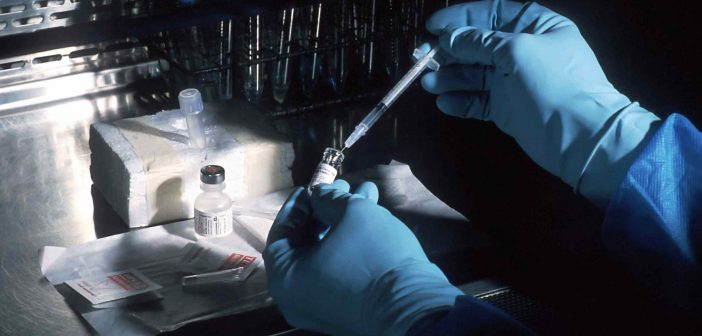Biotechnology, the potent amalgamation of biology and technology, is no longer science fiction. It’s rapidly evolving into a transformative force, weaving the fabric of life’s future with threads of innovation and possibility. From revolutionizing healthcare to fostering sustainable solutions, biotechnology’s impact promises to be as vast as it is profound.
Revolutionizing Healthcare
One of the most exciting frontiers lies in healthcare. Imagine personalized medicine, where treatments are tailor-made to your unique genetic makeup.
Gene editing technologies like CRISPR-Cas9 hold immense potential for curing genetic diseases, while advancements in stem cell therapy offer hope for regenerating damaged tissues and organs.
The ability to diagnose diseases at their earliest stages through advanced biosensors and artificial intelligence will not only improve treatment outcomes but also usher in a new era of preventive healthcare. So, undoubtedly, getting your foot into one of the biotechnology jobs can be a game-changer.
Cultivating a Sustainable Future
Beyond human health, biotechnology is sprouting solutions for a multitude of challenges. In agriculture, genetically modified crops are engineered for pest resistance and drought tolerance, ensuring food security for a growing population.
Biofertilizers and biopesticides offer eco-friendly alternatives to their chemical counterparts, reducing pollution and promoting soil health. Wastewater treatment through microbial remediation promises to turn a burden into a resource, providing clean water for thirsty communities.
Harnessing Nature’s Power
Biotechnology isn’t just about manipulating existing life forms; it’s about harnessing the power of nature’s blueprints. Biofuels derived from algae and other renewable sources offer a clean alternative to fossil fuels, mitigating climate change and reducing our dependence on dwindling resources.
Industrial biotechnology utilizes enzymes and microbes to produce everything from bioplastics to biodegradable detergents, paving the way for a more sustainable future.
Challenges and Ethical Considerations
The immense potential of biotechnology is undeniable, but it’s not without its challenges. Issues like biosafety, intellectual property rights, and access to these technologies in developing countries need careful consideration and ethical frameworks.
Public engagement and education are crucial to dispel myths and foster trust in this rapidly evolving field.
A Future Woven with Hope
Despite the difficulties, there is a lot of hope for the future thanks to biotechnology. A future where we can conquer diseases, cultivate abundance, and live in harmony with the planet.
It’s a future that demands collaboration, not just between scientists and engineers but across disciplines, borders, and cultures. By embracing the potential of biotechnology and navigating its challenges responsibly, we can weave a future that benefits all of life on Earth.
The journey ahead is one of exploration, innovation, and ethical responsibility. As we delve deeper into the tapestry of life, let us ensure that the threads we weave are not just for individual gain but for the collective good of humanity and the planet we call home.
In Conclusion
Biotechnology is not just a scientific field; it’s a powerful tool for shaping the future of life on Earth. By harnessing its potential responsibly through life science careers, we can weave a brighter, healthier, and more sustainable future for generations to come.




